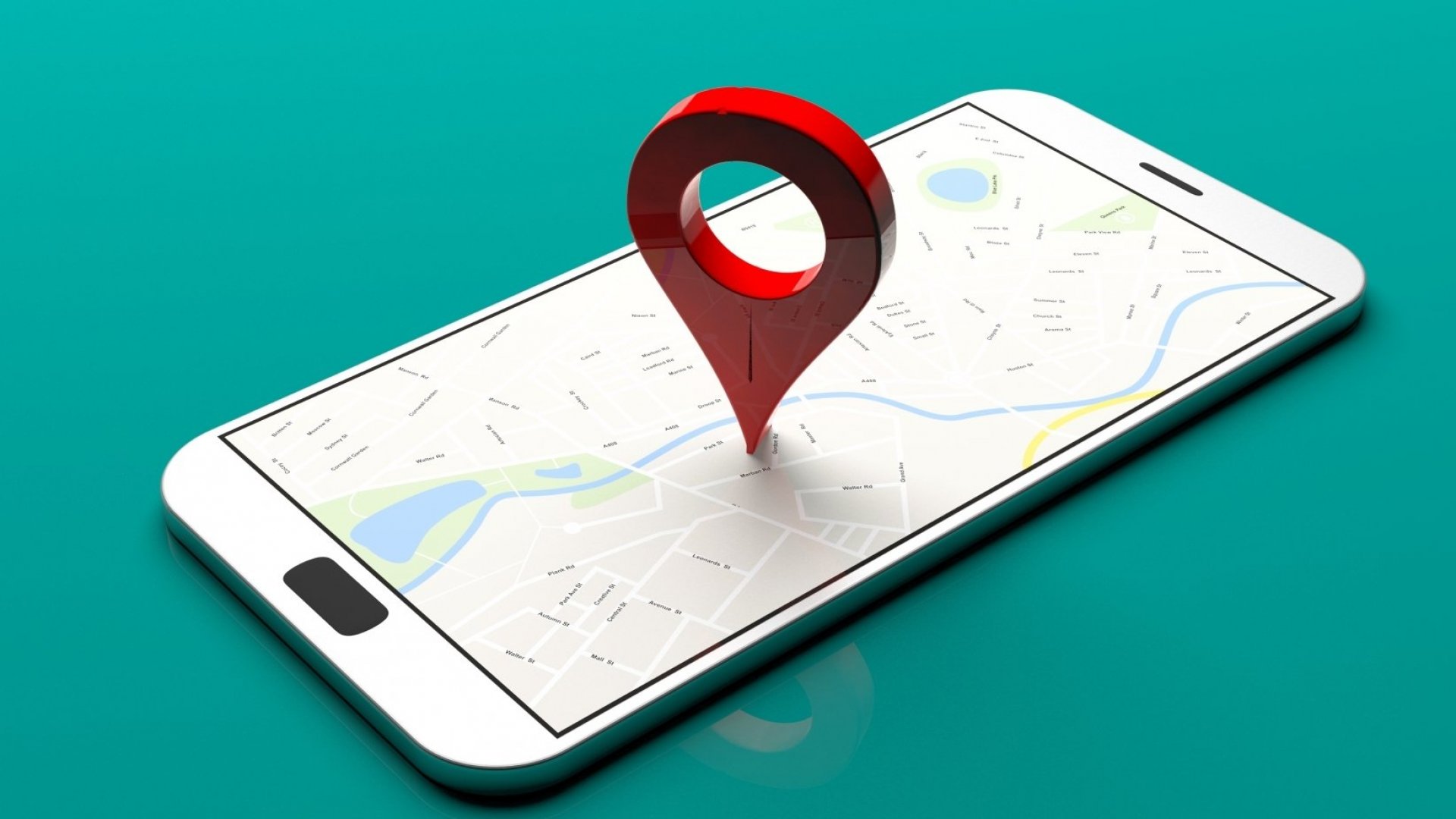
How the Recovery of Lost Smartphones Technology is Evolving: The Future of Locating Your Lost and Misplaced Gadgets
Good Day. Welcome to QEPR Connected, your weekly 5 minute resource keeping you connected to the stories, technologies, and global experiences of a Digital Lifestyle.
In Today’s Newsletter:
- Trends: The Evolution of Loss Recovery Technology
- Stories: Additional Insights from around the web
THE BIG IDEA:
The Evolution of Loss Smartphone Recovery Technology
We rely on our smartphones for pretty much everything, from keeping in touch to storing our personal stuff. And when lost, it can be a real nightmare. But here’s the good news: technology is on our side. In this edition of QEPR Connected, we’ll explore how the way we find lost phones is evolving, with a special focus on how to locate your device and other phrases like tracking your phone and finding your phone’s location.
The Early Days: Ring, Vibrate, Repeat
Not too long ago, the only way to find a lost phone was to make it ring or vibrate. Simple, but it didn’t always work, especially if your phone was on silent or hiding in some nook.
Enter GPS Tracking
Things got a lot more interesting with the advent of GPS (Global Positioning System) technology. GPS allowed you to pinpoint your phone’s exact location with incredible accuracy. This marked the rise of phrases like locate my device as phone makers and app developers embraced this technology.
How It Works: GPS Phone Location Tracking
GPS tracking relies on a network of satellites hovering up in space. Phones with GPS can chat with these satellites to figure out where they are on Earth. When you use a location-tracking service, your phone calculates its location and sends it to the service’s servers. You can then access this info through apps or websites.
The Rise of “Find My Device” Services
With smartphones everywhere, big tech players like Google and Apple introduced built-in tracking features. Google brought us “Find My Device” for Android, while Apple gave us “Find My iPhone.” These services let you track your phone’s real-time location, remotely lock your device, and even erase your data if necessary. Phrases like google locate my phone and track cell phone location became common when searching for lost phones.
Beyond Mobile Operating Systems: Third-Party Apps
While built-in tracking is handy, third-party apps added extra features and worked across different platforms. Apps like “Prey,” “Cerberus,” and “Where’s My Droid” let you track not just phones but also other gadgets like tablets and laptops. They combined GPS, Wi-Fi, and cellular data to provide even more accurate locations.
The Internet of Things (IoT) and Smart Gadgets
Today, it’s not just about smartphones. We have smartwatches, fitness trackers, and other connected gadgets. That’s why we now focus on locate my device to cover all these devices. It’s becoming easier to track lost smartwatches or wireless earbuds, making it part of the future of finding lost gadgets.
Emerging Technologies: Bluetooth and Ultra-Wideband (UWB)
Bluetooth tech is already used for proximity tracking. Devices like Tile use Bluetooth signals to help you find lost items, including your smartphone. Then there’s Ultra-Wideband (UWB) tech found in newer phones, which promises super precise location tracking. It can even tell you how far and which way your UWB-equipped devices are. This technology is shaping the future of finding lost gadgets.
The Role of Artificial Intelligence (AI)
Artificial Intelligence (AI) is set to play a big part in the future of finding lost gadgets. AI can analyze location data, user habits, and past patterns to predict where a lost device might be. This predictive power will make recovering your gadgets faster and more reliable, taking away the stress of losing them.
Privacy and Ethical Considerations
But as this tech evolves, we must think about privacy and ethics. Balancing helping users find their lost devices and protecting their privacy is a challenge for tech companies. The future of finding lost gadgets will likely include stronger privacy controls and more transparent user consent rules.

STORIES:
We dive deep into the vast depths of mobile technologies, and global experiences of a Digital Lifestyle, and surfaced 2 high-impact stories you need to know which relate to Recovering Your Lost Smartphone:
- How to Track an Android Phone from an iPhone – Accessing a Google device’s location features from an iOS device
- How to Track an iPhone from an Android Device – How to use Find My iPhone to find your iPhone – even from an Android device.
IN CONCLUSION:
This edition of QEPR Connected explored how the evolution of technology has become our greatest ally in the quest to recover our lost smartphones- a modern nightmare we all dread.
From the early days of merely making it ring or vibrate, we have journeyed into the era of GPS tracking, bringing phrases like “locate my device” into our everyday vocabulary. The ingenious workings of GPS technology, harnessing a network of satellites, have revolutionized how we find our precious gadgets.
Furthermore, the introduction of built-in tracking features like “Find My Device” for Android and “Find My iPhone” by Google and Apple respectively has given us comprehensive tools for real-time location tracking, remote locking, and data erasure. Third-party apps expanded the horizons, allowing us to track not only phones but also tablets, laptops, and an array of smart gadgets.
Emerging technologies like Bluetooth and Ultra-Wideband (UWB) are shaping the future, offering unprecedented precision in location tracking. Artificial Intelligence (AI) is set to make this process even faster and more reliable by predicting lost device locations based on user behavior and historical patterns.
However, amidst this tech-driven future, we must not forget the importance of privacy and ethical considerations. The path forward will undoubtedly involve stricter privacy controls and more transparent user consent regulations.
So, as we continue to rely on technology to find our lost gadgets, let’s do so with an understanding of the responsibility that comes with it. And that’s the future of locating lost gadgets in a nutshell – a blend of technological marvels, ethical considerations, and the ever-present quest to ensure our beloved devices are never truly lost.
